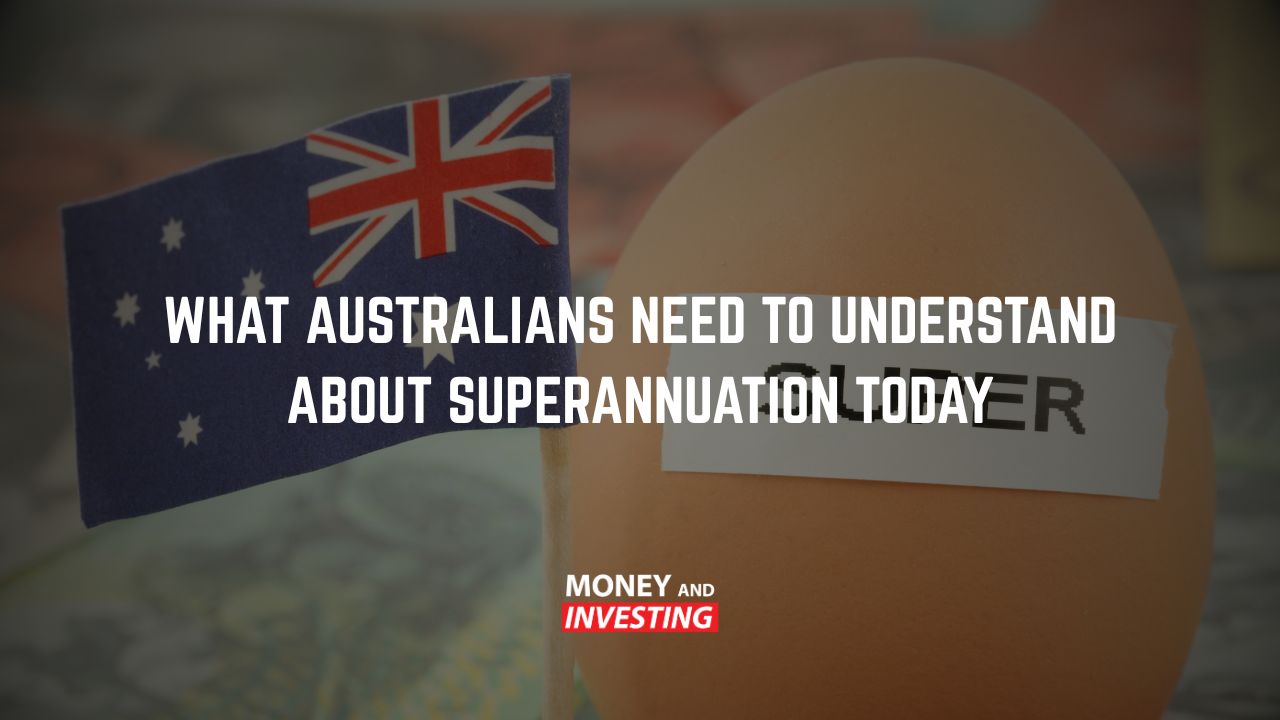The 5 Most Common Trading Psychology Mistakes
Trading in the financial markets is difficult and it can be very stressful. Many traders tend to spend more time on analysis when things are tricky, but assessing and improving your trading psychology is a major part of being successful in financial markets. Tune in this week as we talk about the 5 most common trading psychology mistakes:
The Endowment Effect
Naturally, when people are invested in something they grow an attachment. Sentimentality can skew our perspective and cause mistakes, particularly in the trading space. In his decades-long career, host Andrew Baxter has encountered the endowment effect very often. A common story is the one of an investor who buys into a company in its infancy and holds onto the stock for years. As the investment has grown over the years, that person becomes loyal to those shares. This is a prime example of the endowment effect. This sort of emotional connection to an asset clouds our judgement and makes us hold onto certain positions when we shouldn’t – potentially costing us money.
It’s easy for us to be under the influence of the endowment effect and not even realise it, so make sure you continually assess your own psychology to prevent mistakes coming from emotional decision making. One suggestion to manage the endowment effect in your trading is to pre-determine a course of action including the entry level, the take profit level and a stop loss level. This way, you are making objective decisions and won’t be clouded by the endowment effect.
Confidence
In many instances, confidence is vital for success. In the trading space, a lack of confidence can be a major problem and lead to indecision and in some cases what we call “analysis paralysis”. By the same token however, overconfidence is equally as dangerous and can really harm the bottom line. Host Andrew Baxter points out that there are multiple ways overconfidence can manifest itself in the trading space. You may be so confident in a trade that you increase your position size on that particular trade. The problem is when that trade goes wrong for any number of reasons, you are now amplifying your loss unnecessarily. There are some ways in which we can combat problems arising from confidence-based issues.
As a starting point, having a clear trading plan is a great means of forcing yourself to be consistent with your trading. One way we can keep this in line is with thorough and regular journaling to plan and reflect on our trading and the processes surrounding it. Andrew Baxter’s advice – don’t train until you get it right, train until you can’t get it wrong.
Loss Aversion
When it comes to activities involving money, many would prefer to not risk anything as opposed to taking a risk for a potential payoff. As a matter of fact, psychological research suggests that losses have twice the impact on a person’s psychology than wins. Once again, this largely comes down to an emotional attachment to money. Host Andrew Baxter explains that as people work hard to earn their money, they tend to form an attachment to it and thus do not want to risk parting with it. It’s only natural to want to protect something that has taken you a long time to collect, but the fact of the matter is this fear could be holding you back from building your wealth and growing.
With the right approach and knowledge of financial markets, you can take your hard earned money and make it work for you, after working so hard for it over the years.
Bias
As people, we have a desire to be right. We can all agree that sometimes when we are certain of something and turn out to be wrong – we feel almost insulted. As such, we develop biases, and in this particular instance we will be discussing 2 major trading biases – confirmation bias and negativity bias. When we apply confirmation bias, we simply cherry pick what we see as evidence to suggest what we are doing is right and ignore the points of contention. Likewise, negativity bias leads us to focus on the reasons why something is not true and ignore the arguments for it. Host Andrew Baxter points out it’s not dissimilar to the ‘Halo Horns Effect’ by which when something is explained to be great before you experience it, you are more likely to enjoy it since your outlook is positive from the outset.
The Bandwagon Effect
In all walks of life, we see people who do things simply because others are doing it. The trading space is no exception, with many hopping on bandwagons simply because lots of other people are. This can be great, and particularly in trending markets where we can hop on the trend and make money as the trend continues. There is nothing wrong with doing this, but you need to be able to recognise the fact that you’re not a genius and you are just following others so that when things change you’re able to take your profits. As Host Andrew Baxter points out however, the problem arises in times like now where we find ourselves in a choppier market where trends change daily.



